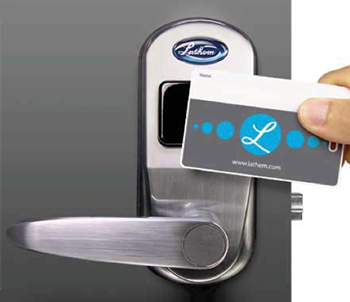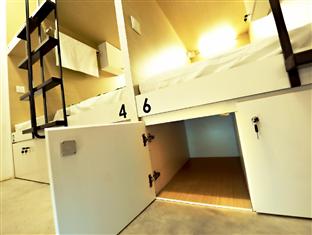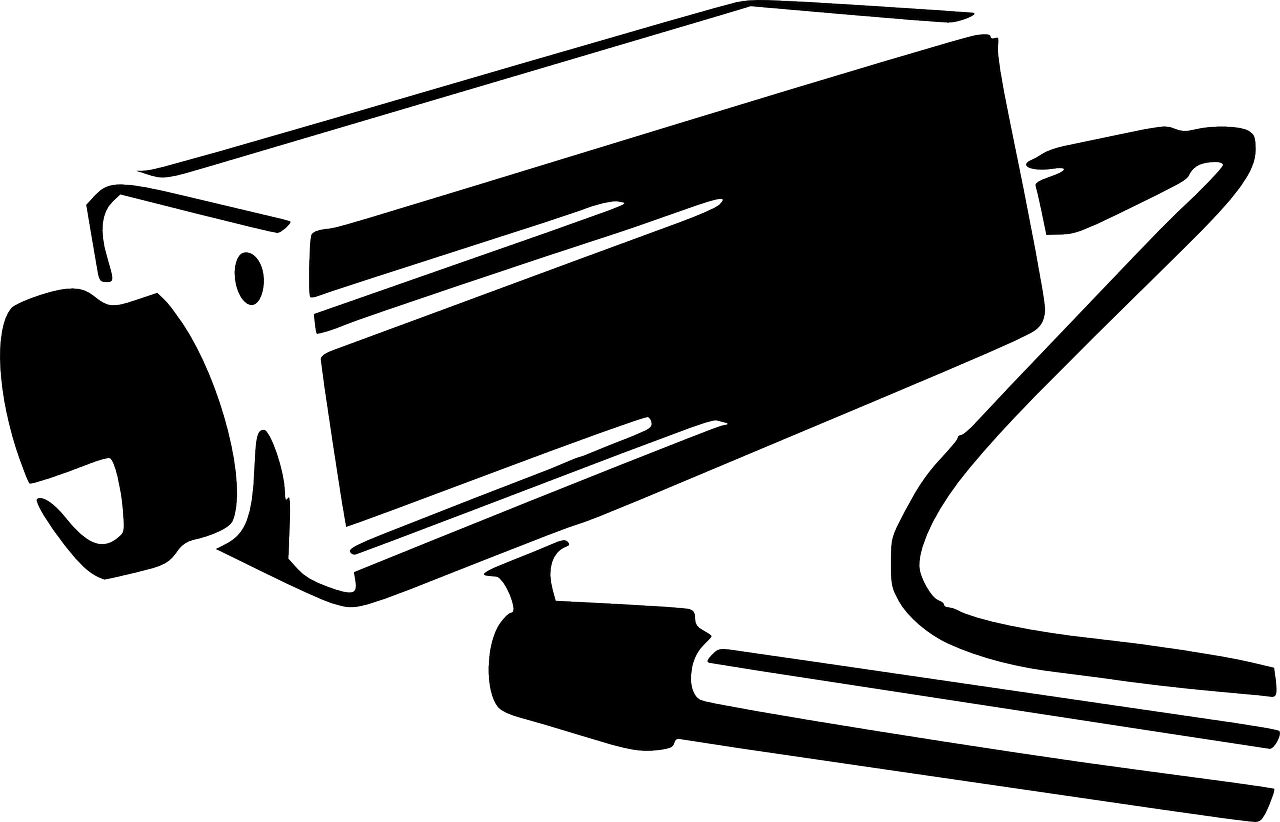As the previous blog post pointed out, staff, guests, and outside visitors all pose potential security issues for hostels. Part 1 dealt with security precautions a hostel can implement against dishonest staff or outside threats. In this post we will cover some basic ideas for keeping your guests safe as well.
RFID vs. Metal Keys
One of the bigger debates in the hostel industry is the decision to use electronic RFID keys rather than traditional metal keys. Many hostels swear by RFID systems, while smaller more traditional or old school hostels stick with standard. Often this is out of a cost necessity.
However, while RFID keys can be more costly from the start, they are often better in the long term for both cost and effectiveness. It can get really expensive to change out a lock every time someone loses a key (and that costs probably doubles if you have a party hostel! :-) ) It can also make key control more difficult to manage. RFID keys also give a level of detail beyond standard keys such as showing the exact time a certain key opened a door.

RFID key card opening a door
Key Codes
Whether you decide on RFID or a more traditional metal key, both are potentially more secure than a key code punched in for hostel access. The reason for this is that key codes can be easily shared with non guests. Whether on purpose to let friends in, or on accident, such as someone overhearing a drunk guest shout it in a pub to their friend (“Hey, what was the key code again?!”), a shared key code is not secure. A non guest could also potentially gain knowledge of the code by watching a guest type it in on a visit, and then returning later solo. The benefit to key codes over metal keys is the ability to change it frequently if you do find out the code was shared.
Security Cameras/ CCTV
We wrote about video surveillance in the last post as an obvious but certainly worth mentioning security feature, and the same goes for here. Using security cameras throughout your hostel can deter opportunistic guests from causing a problem, while also serving as a tool to solve a mystery issue. It’s a good idea to have cameras any common areas where guests have access. For example, a lounge, reception, kitchen, or bar. Obviously cameras should not be in the dorms for privacy reasons, but hallways showing who’s going in and out of dorms is not a bad idea.
Locks on Dorm Doors
Those who are using RFID key systems will likely have locks on doors, which is great for knowing who is coming and going, and at what time. However if you're using metal keys, you may consider not having locks on doors after all. The reason being that thieves can hear people jiggling a lock and quickly stop what they are doing. The suspense of potentially being walked in on can deter opportunistic guests who see easy pickings in a dorm, whether their assigned room or another.
Of course without any locks it's also harder to keep out non residents of that dorm in the first place, which can increase risk. For hostels with metal keys, this is done best with a heavy closing door that automatically locks. Otherwise you’re at the mercy of guests remembering to close and lock the door...which has about as good of chance as Tom the Tank remembering how many Jager shots he took on the pub crawl last night.
Patrolling Quiet Areas
Areas often left unattended are easy pickings for an opportunistic thief. It’s a great idea to frequently patrol quiet areas of the hostel where theft is a risk. This can simply be under the guise of straightening up, checking on guests, looking for something, whatever. But someone scouting the place may think ‘Oh, there are always people coming through here, I can’t risk it.’
Getting to know your guests
Encourage your staff to get to know your guests. It can both thwart potential theft or issues, by reducing the anonymity a potential thief may have, and also help staff to recognize anyone who doesn’t fit the typical traveler or type of guest your hostel usually hosts. In a place where it seems like everyone knows someone, and the staff are very engaged, it may be much harder for a thief to get away with something.
This is obviously much easier in a smaller hostel, but even in a large hostel if people are always interacting it can be a deterrent. If guests and staff are consistently engaged, there’s a pretty big network of familiar people who could spot someone standing out.
Guest Screening
This could be a whole other blog onto itself, but the golden rule for hostels everywhere is “If you wouldn’t feel comfortable sleeping in the same dorm as them, no one else will either”. It’s far easier to prevent problems than fix them, and keeping out bad people will ensure your other security systems don’t need to be put to the test. Better to lose some revenue than gain some problems.
Lockers
Providing your guests with lockers is an easy way to avoid issues of theft. There are many styles of lockers, from those that open with electronic RFID keys (same as for the room), to those using padlocks, or others with combo locks. If the locker requires a lock, do not rent them! For security reasons, you should only sell locks. Otherwise someone could potentially accuse you of making a copy of the key or knowing the combination, and wrongly accuse you or staff of stealing if something goes missing (whether it actually does, or they are just lying to get money). If you have lockers in a common space instead of the dorms, consider having a camera over them as well.

Lockers under bunk beds in a hostel
Guests in Rooms
Non guests should not be in dorms. Some hostels even have rules that guests from one room cannot be in another. Even though this can’t be enforced all the time, it’s a huge deterrent to problems. It’s the same reason the hostel rules at my place say “You can drink, but you can’t get drunk.” We don’t enforce that very often, (ok...rarely), but if someone is an idiot, then we can.
Public Indemnity Signs
Of course you hope that all of your security measures- from staff training to modern technology- will keep any problems at bay. But we all know that’s not always the case, and you have to protect yourself and your business as well. Don’t forget to have a sign clearly stating that the hostel is not responsible for lost or stolen goods.
It’s also not a bad idea to have this in your check in rules, especially if people have to sign a registration card agreeing to them (whether on paper, or iPad style). Something like "I understand that [your hostel name] is not responsible for the damage or loss of any personal belongings." It may not be sufficient to keep guests from complaining or making a bad review, but depending on your country or local laws it may be enough to keep you from serious trouble.
What are some methods you have tried or currently use to keep your hostel guests safe? Sign in and comment below!
**I know many of you comment on these blogs on the site's FB page, which is great, but it would be even better to have the comments directly on here for everyone to read. Thanks for your input and helping to further our knowledge!**
In case you missed it:
Just joining the show and don't know who I am? Check out my introductory blog post.
As always, send any suggestions, questions, or thoughts on the blog my way by emailing me here.
Peace & love,
Courtney
P.S. Don't miss out! Follow HostelManagement on Twitter if you would like to receive updates when new my blog posts are made.
*RFID key photo from wirecrafters.com
*Locker photo from hostelapostles.com


